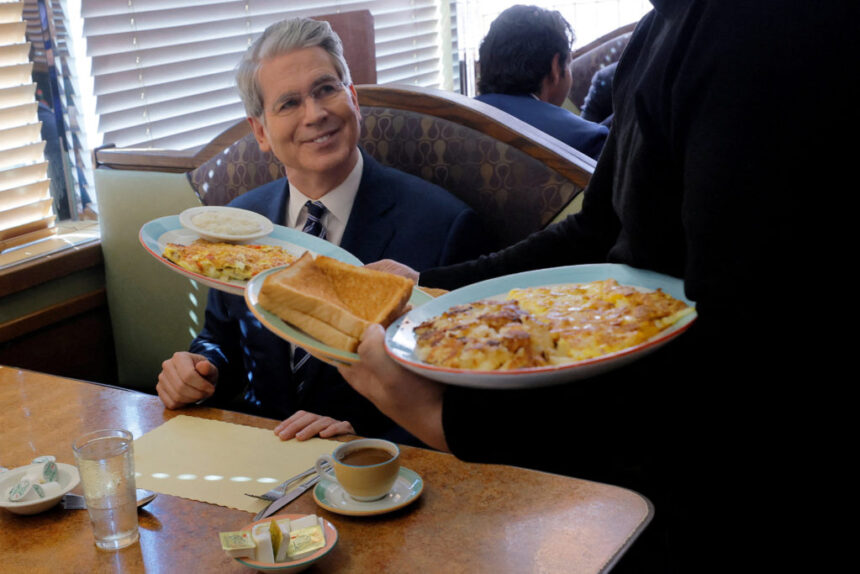In a recent announcement, the Trump administration unveiled a preliminary list of occupations exempt from federal income tax on tips as part of the new tax cuts and spending bill. This surprising update includes not only traditional roles like golf caddies, blackjack dealers, and house painters, but also modern occupations such as podcasters and social media influencers.
The provision eliminates federal income taxes on tips for those employed in traditionally tipped jobs, set to take effect in 2025 and lasting until 2028. This exemption applies to individuals earning less than $160,000 in 2025. The Yale Budget Lab estimates around 4 million workers, or approximately 2.5% of the workforce, are in positions that typically receive tips.
As part of compliance with the legislation, the Treasury Department was obligated to publish a list of qualifying occupations within 90 days post-bill signing. This comprehensive list categorizes jobs into eight distinct fields: beverage and food service, entertainment and events, hospitality and guest services, home services, personal services, personal appearance and wellness, recreation and instruction, and transportation and delivery.
Included among those exempt from tip taxes are a wide array of workers: sommeliers, cocktail waiters, pastry chefs, DJs, clowns, wedding planners, massage therapists, delivery drivers, and even ski instructors.
The Budget Lab’s report indicates the overall impact of this provision may be limited, primarily because many tipped workers already fall below the income threshold for federal taxation. In 2022, over one-third of tipped workers reported incomes low enough that they owed no federal income tax. The report also raises concerns that the bill could lead to behavioral changes, resulting in more individuals seeking tipped employment, which may ultimately increase the tax bill’s overall cost.
Congressional budget analysts estimate that the “No Tax on Tips” provision could contribute to a $40 billion increase in the deficit by 2028. Similarly, the nonpartisan Joint Committee on Taxation has projected a cost of $32 billion over the next decade relating to this deduction.
Despite the intention behind the tax exemption, polling indicates widespread skepticism among the American public. Surveys show that half of U.S. adults believe the tax law will primarily benefit the wealthy, and nearly 60% think it will do more harm than good for low-income individuals.
The regulations stipulate that only tips reported to employers and reflected on a worker’s W-2 form will qualify for the exemption. However, payroll taxes essential for Social Security and Medicare will still be collected, along with any applicable state and local taxes.







